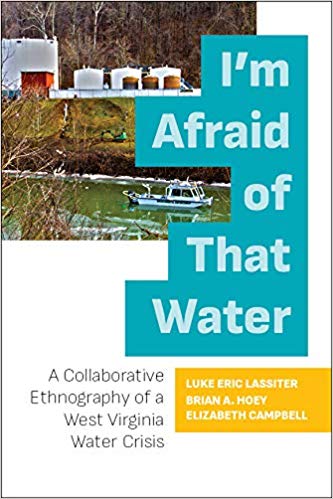(Re)Constructing West Virginia: Community, Crisis, and Cultural Innovation
2009–Present | Huntington and the Tri-State Region, West Virginia
My ethnographic work in West Virginia investigates how communities reimagine identity, belonging, and possibility amid the enduring legacies of extractive industry and the profound disruptions of economic restructuring. Like many postindustrial regions, Appalachia faces the instability wrought by global capital, environmental degradation, and demographic loss—but it also reveals emergent forms of resilience, innovation, and resistance.
This research explores both tension and transformation: between politically entrenched models of development and grassroots alternatives, between dependency and autonomy, between narratives of decline and those of becoming.
Drawing on sustained engagement in the Tri-State region, I document how local actors—from civic groups to small entrepreneurs—forge new strategies of adaptation. From “smokestack chasing” to livability movements, these strategies tell us much about the cultural and economic stakes of recovery in places too often defined from elsewhere.
Collaborative Ethnography in Appalachia
I’m Afraid of That Water: A Collaborative Ethnography of the West Virginia Water Crisis
On January 9, 2014, residents of Charleston, West Virginia, awoke to the scent of licorice in the air—and soon learned that their drinking water had been contaminated by a chemical used to clean coal. What followed was not just an environmental disaster but a crisis of trust, infrastructure, and lived vulnerability that would unfold over months and years.
I’m Afraid of That Water tells the story of this disaster and its aftermath through the voices of those who lived it. Co-authored with over fifty collaborators—including scholars, writers, students, and community members—the book is both oral history and collaborative ethnography. It centers West Virginians as narrators, analysts, and agents of insight in confronting the slow violence of toxic exposure.
This work expands the boundaries of what ethnography can be: participatory, polyvocal, public. It also contributes to broader conversations on environmental justice, state failure, and the ethics of care in the face of disaster.
Learn more about this work and the award winning book.
Available from West Virginia University Press.
